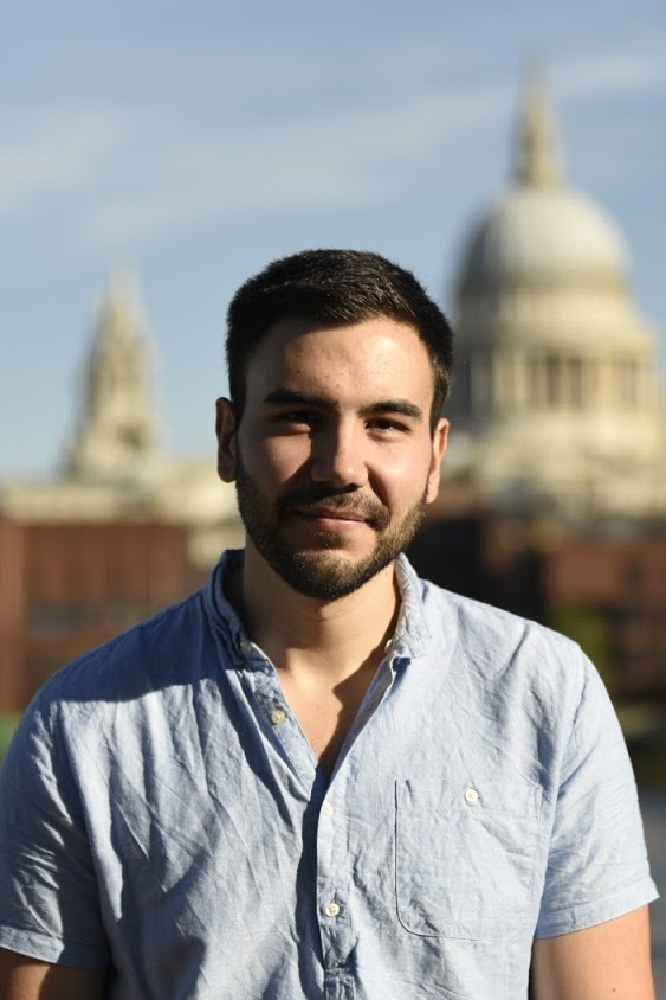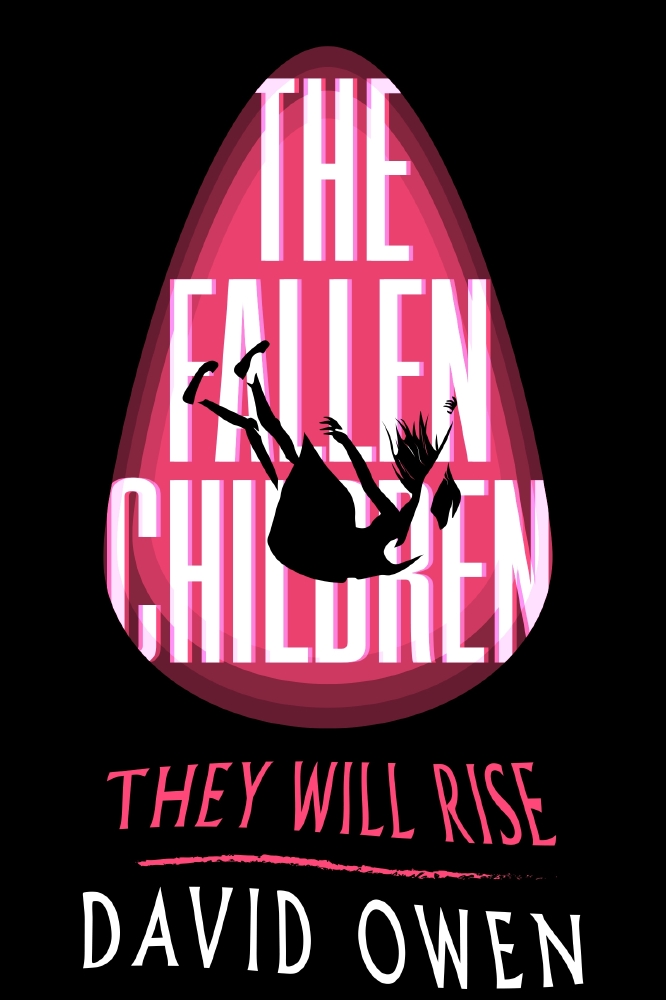A lot of people recently, upon hearing that The Fallen Children features three young women as narrators, have asked me if writing female voices was difficult. ‘Yes,’ I answer (three hours later, alone in the shower, when I finally think of an eloquent response). ‘But it was also essential.’

David Owen
The Fallen Children is a contemporary reimagining of The Midwich Cuckoos by John Wyndham, a ‘50s sci-fi novel in which an entire village is knocked unconscious by alien forces so that every viable woman can be impregnated – 65 of them in all. While the aliens target the women, Wyndham unfortunately sidelines them; the story is told almost entirely by men.
So, obviously, to update the story it needed to be told by women, as it is they who are violated and impregnated. It would have been cowardly of me to tell it any other way, and that necessity in part made the task a little less daunting.
It was also made easier by the theme of the book, the not-so-subtle message of this creepy supernatural story. The Fallen Children is about the immense hardship that young people face today thanks to circumstances for which they aren’t responsible, and the way they are relentlessly criticised for struggling to swim against the current of negative expectation.
If young people are suffering generally, then young women are suffering most, because the world is even more stacked against them. So putting young women at the heart of the book was not just a plot necessity, but also a means of exploring in far greater depth the adversity young people face, of not shying away from the ugliest aspects of their reality. In a way, writing The Fallen Children from the perspective of women kept me from chickening out.
And, of course, I did my best to approach the task with utmost empathy and sensitivity. I knew it would be arrogant to write a story featuring sexual violence, pregnancy and its tribulations, and childbirth and its possible complications, without consulting women first and having them to guide me throughout the writing process.
I’m so lucky to have worked with some incredibly talented women on The Fallen Children, able to shape my thinking or flat out tell me when I was getting it wrong. I also benefitted from having a midwife as a friend, who patiently weathered my painfully naive questions and enlightened me on the many delights, both physical and emotional, of childbirth. I now know more about mucus plugs than I would ever have thought likely.
My intention for The Fallen Children is not to speak for young women, but to show empathy and allegiance, with them and all young people – to acknowledge their fight. No author should write in a voice which they don’t feel is their place, but for some books, like The Fallen Children, it offers a way of getting right to the heart of issues important to all voices.

The Fallen Children by David Owen is out now, Atom, £7.99

